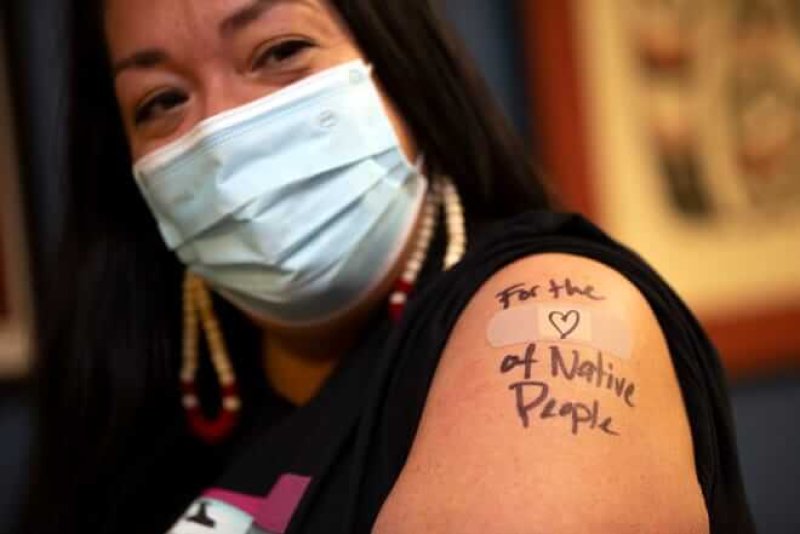An analysis of the demographics of a decade’s worth of vaccine clinical trials has found that Black Americans, Latinos, American Indians, and Alaskan Natives, as well as people age 65 and older, were underrepresented as participants within these studies, though most of the differences, when compared with the U.S. population, were not especially large. Adult women, on the other hand, were found to be overrepresented.
More striking, the researchers said, was that of the 230 trials they examined — encompassing some 220,000 people — more than 40% did not record participants’ race and about 65% did not report their ethnicity.
“This is a massive gap in information, and if we want to improve enrollment in clinical trials and we want to see diversity in clinical trials, we need the data,” said Steven Pergam, a vaccine and infectious disease expert.
The findings… indicate that racial and ethnic disparities have long plagued vaccine clinical trials and provide insight into the importance of diminishing those gaps going forward.
“This study highlights just how far we have to go when it comes to making sure that vaccines work for everyone, and that many organizations and institutions bear responsibility for the problem,” said Jonathan Jackson, director of the Community Access, Recruitment, and Engagement Research Center at Massachusetts General Hospital.































